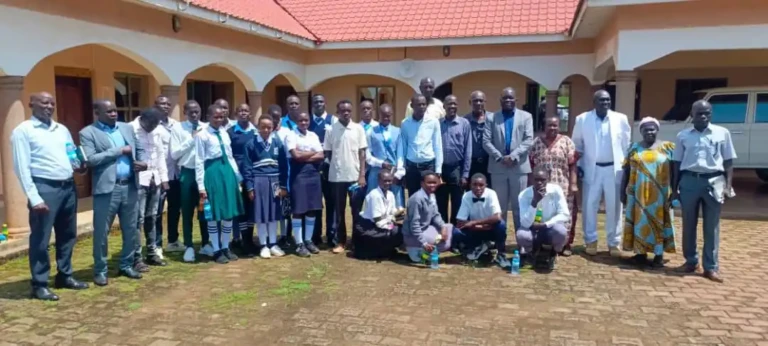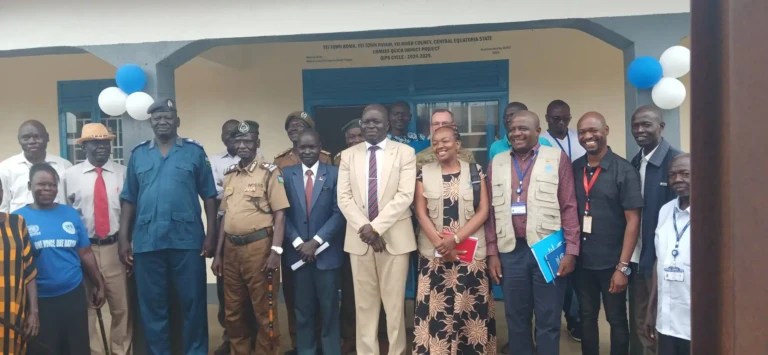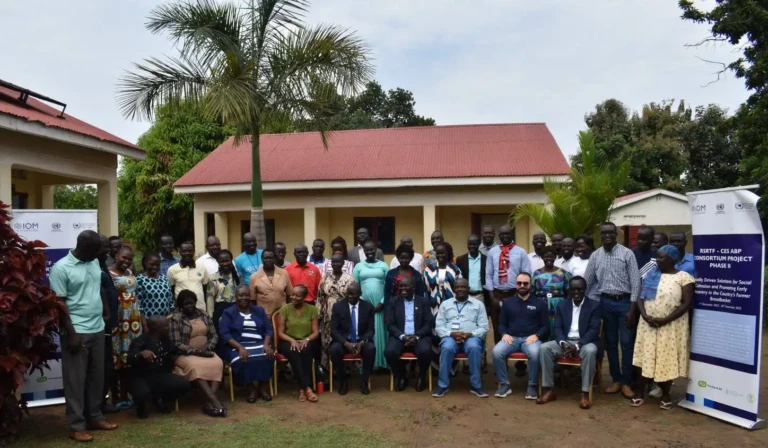
(Aweil) – Over 6,700 teachers in South Sudan’s Northern Bahr el Ghazal State are threatening to close schools if the government does not pay three months of overdue salaries. The teachers, from both primary and secondary schools, say they have not been paid for March, April, or May 2025.
Kon Deng Kon, Chairperson of the Northern Bahr el Ghazal State Teachers Union, told Radio Tamazuj on Thursday that they had issued a 72-hour ultimatum to the authorities. If the outstanding salaries are not paid within that time, teachers will shut down all schools in the state.
“We have not received any salary for three months now,” Deng said. “If the government fails to respond, schools will not operate.”
The union is also demanding payment for outstanding wages from 2024. They say delays in salary payments are not only affecting teachers but also other civil servants in the state.
Geng Garang Geng, another union member, said that Vice President for Service Cluster Benjamin Bol Mel had earlier directed that all government workers, including teachers, must receive their monthly salaries by the 24th of each month. He questioned why teachers appear to be excluded from that order.
“Other government employees have been paid, but not us,” Geng said. “Is the directive not meant for teachers?”
In response, Velantino Anei Deng, Director General at the Ministry of General Education and Instruction in Northern Bahr el Ghazal, said his office had not received any official complaint from the teachers’ union. He also said the ministry had not received any salary disbursement from the national government.
“We cannot pay what we haven’t received,” Anei said. “We are working with the National Ministry of Finance and Planning and the Bank of South Sudan to follow up. But we are told the central bank does not have enough cash.”
To help resolve the delay, Anei said an official has been sent to the capital, Juba, to gather information and push for the release of funds.
South Sudan’s government allocated 5.4% of its 2024/2025 national budget to the education sector. However, there are growing concerns over how these funds are being used and whether they are reaching the intended beneficiaries. As of June 2025, 5.4% of the SSP 2.1 trillion budget (about USD 1.3 billion) would amount to approximately SSP 113.4 billion or USD 70.6 million.
Despite reports of approved salary payments, many civil servants across the country have been unable to access funds due to a nationwide liquidity crisis. This has sparked widespread frustration, especially among teachers. In one recent case in Western Equatoria State, two teachers collapsed from hunger after months of receiving no salary.
Economist Dr. Kimo Aban blamed the country’s deepening financial woes on a combination of weak governance and lack of political stability. “No economic policy will succeed without addressing security and governance,” he said. “Stability must come first, then trust in the system can grow.”
The Ministry of Finance has acknowledged the shortage of cash as a major challenge but has not yet offered a clear plan to fix the situation.
If no resolution is reached, thousands of children could soon be left without access to learning.
Discover more from Access Radio Yei News
Subscribe to get the latest posts sent to your email.






